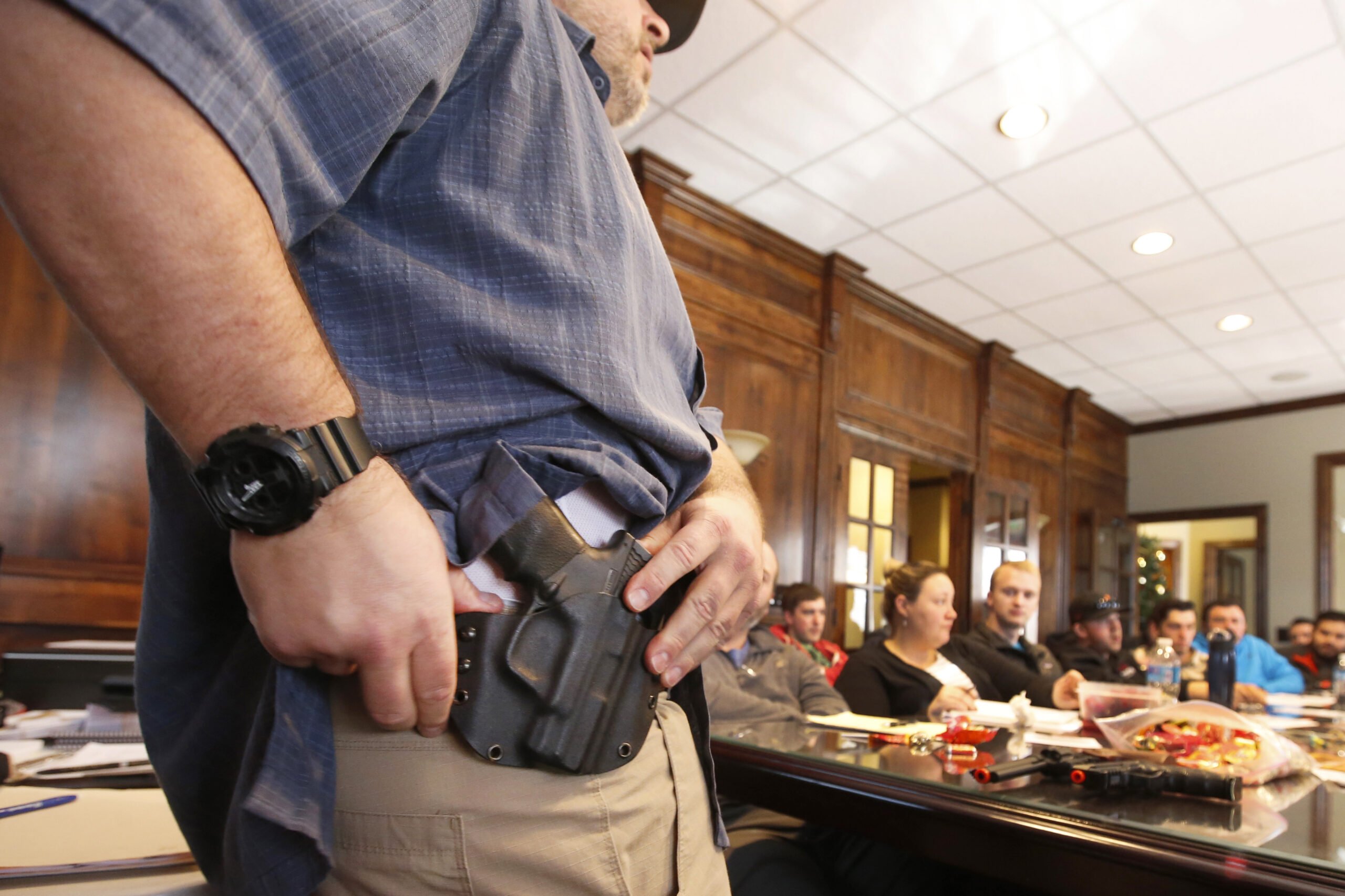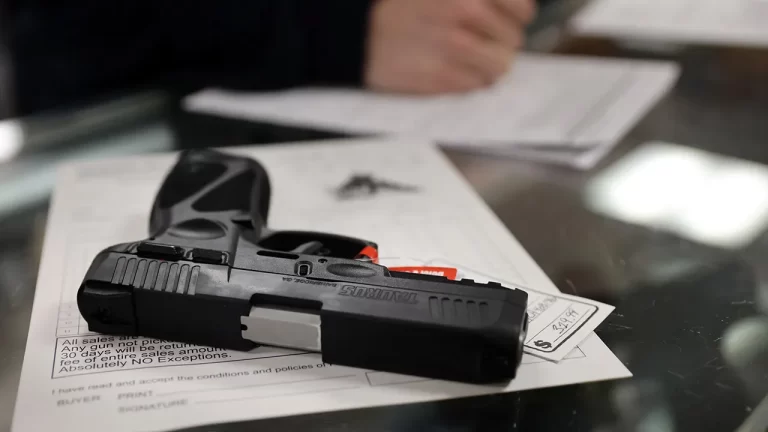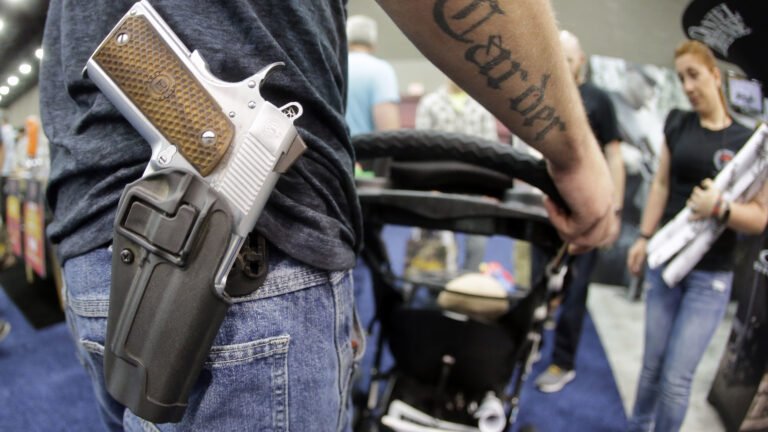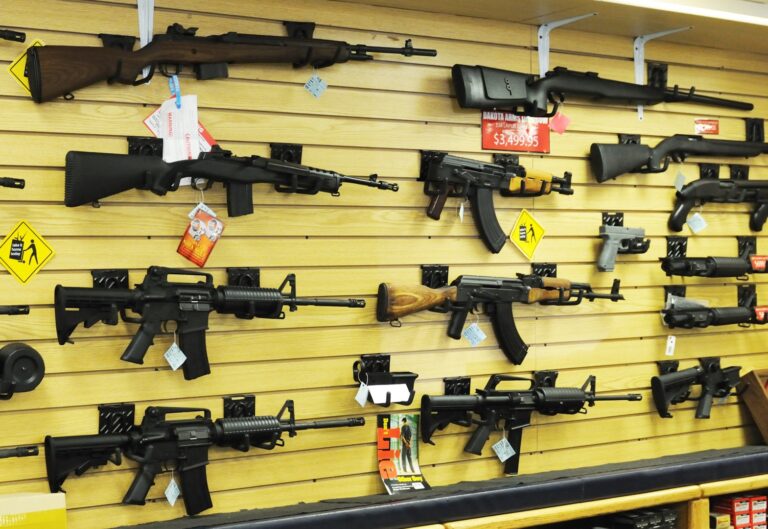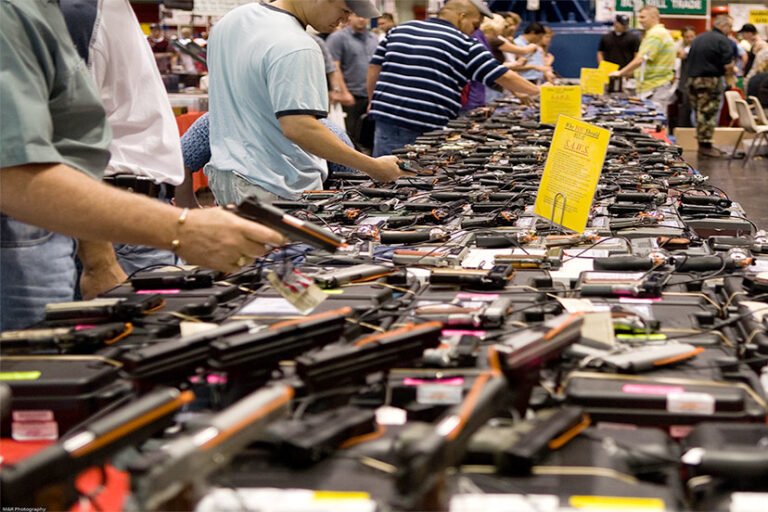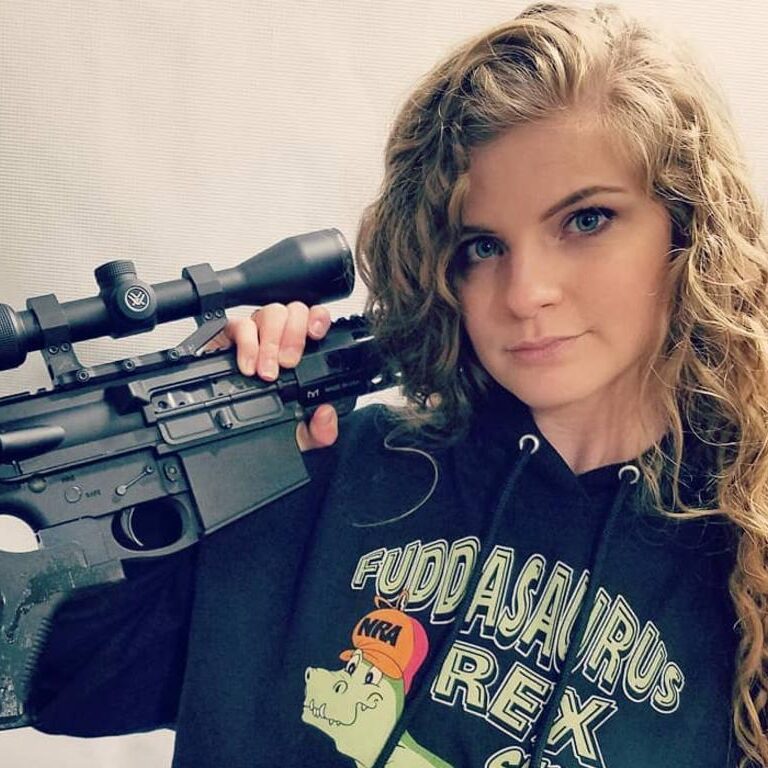Colorado Concealed Carry Weapon (CCW): Gun Laws, Application, Requirements & Online Training
In Colorado, carrying a concealed firearm without a permit is unlawful, making it essential for residents to obtain a Colorado concealed carry permit if they wish to legally carry a concealed weapon. Fortunately, obtaining a CCW permit in Colorado is relatively straightforward, as the state follows a “shall-issue” policy for most applicants. In this article, we will explore the Colorado concealed carry laws, reciprocity, permit requirements, exemptions, penalties, and more.
What is a Concealed Carry Permit?
A concealed carry permit, also known as a CCW permit, allows an individual to legally carry a concealed firearm in public places. Without this permit, carrying a concealed weapon is illegal in Colorado. The CCW permit provides law enforcement with a way to ensure that only responsible and law-abiding citizens are authorized to carry firearms discreetly.
Shall-Issue Policy in Colorado
Colorado follows a “shall-issue” policy, meaning that if an applicant meets the required criteria, the local sheriff’s office must issue the CCW permit. However, there are certain disqualifying factors, which we will explore later in this article. The “shall-issue” policy ensures that the permit process is standardized and consistent across the state.
Colorado Gun Laws Reciprocity
States that Honor Colorado CCW Permits
Colorado has reciprocity agreements with thirty-four other states, allowing individuals with a valid Colorado CCW permit to carry their concealed firearm in these states. Reciprocity is a crucial aspect for individuals who travel frequently, as it enables them to carry their weapons legally across state lines.
States Whose CCW Permits are Honored by Colorado
Colorado also honors concealed carry permits issued by thirty-three other states. This means that if you have a valid CCW permit from any of these states, you can carry your concealed firearm within the boundaries of Colorado.
States with No Reciprocity Deal
There are sixteen states with which Colorado does not have a reciprocity agreement. This means that individuals with CCW permits from these states are not permitted to carry concealed firearms in Colorado. It is essential to familiarize yourself with the specific reciprocity agreements between states to stay compliant with the law.
Requirements for Colorado CCW Permit
Before obtaining a Colorado concealed carry permit, applicants must meet certain requirements. Additionally, the issuance of the permit is subject to law enforcement’s discretion.
COLORADO HUNTING
Colorado hunting offers excellent big-game opportunities for elk, mule deer, pronghorn, moose, black bear, and bighorn sheep across extensive public lands each fall.
Disqualifying Factors for Obtaining a Permit
There are several disqualifying factors that can prevent an individual from obtaining a Colorado CCW permit. These factors include:
- Legal orders prohibiting firearm ownership, such as protective orders
- Outstanding arrest warrants
- Drug addiction or use of controlled substances
- Previous mental impairment as declared by a psychiatrist
- Illegal immigration status or non-immigrant visa holder
- Dishonorable discharge from the United States Armed Forces
- Renunciation of American citizenship
- Previous felony convictions or misdemeanor domestic violence offenses
Concealed Carry Colorado’s Red Flag Law
Colorado has implemented a red flag law that allows family members to request a court order to temporarily confiscate firearms from an individual they believe poses a risk to themselves or others. This measure is intended to prevent potential harm in situations where there are concerns about mental health or safety.
CCW Requirements in Colorado
To qualify for a Colorado concealed carry permit, applicants must meet specific requirements set by the state. These requirements include:
Residency Requirement
Applicants must be residents of Colorado to apply for a concealed carry permit in the state.
Age Requirement
Applicants must be at least twenty-one years old to be eligible for a Colorado CCW permit.
Mental Fitness and Background Check
Applicants should not be declared mentally impaired by a mental institution within three years before the CCW application. A background check is also conducted to ensure applicants meet the necessary criteria.
CCW Training
Prospective permit holders must complete a certified concealed carry class in Colorado. This training provides essential knowledge on firearm safety, handling, and legal aspects of concealed carry.
Dealing with Guns in Colorado
Private Individuals Selling Firearms
Private individuals can sell firearms in Colorado, but they must possess a state government license. Additionally, a background check by the Bureau of Investigation is necessary for the transfer of firearms.
Age Limit for Purchasing Firearms
The age limit for purchasing long guns in Colorado is eighteen years, while for handguns, it is twenty-one years.
Exemptions to the Dealing Law
Certain exemptions exist for specific firearm transactions, including the buying of antique firearms, gifting or loaning firearms to family members, and transferring firearms to trustees.
Other Concealed Weapons
Weapons Considered Concealed in Colorado
In Colorado, a weapon is considered concealed if it cannot be readily viewed during ordinary observation. This includes firearms, knives with blades longer than three and a half inches, blackjacks, gas guns, gravity knives, switchblades, and metallic knuckles.
The possession of any concealed weapon without a valid Colorado CCW permit is unlawful.
Penalties for CCW Violations
The penalties for possessing a concealed weapon in Colorado can range from misdemeanors to felonies, depending on the severity and frequency of the offense. It is crucial to seek legal representation immediately if charged with a concealed carry violation.
Castle Doctrine and Self-Defense
Understanding the Castle Doctrine Law
Colorado follows a Castle Doctrine law, which grants immunity to individuals who use a firearm in self-defense within their home or property. This law allows homeowners to protect themselves and their property from intruders without facing prosecution.
Difference Between Castle Doctrine and Self-Defense
The Castle Doctrine is filed as a pre-trial motion, providing immunity against criminal and civil prosecution. Self-defense, on the other hand, can be raised at trial if the Castle Doctrine motion is unsuccessful.
Where Castle Doctrine Applies
The Castle Doctrine only applies within one’s own home or property. It does not extend to vehicles or public places outside the home. In certain cases, self-defense may still apply outside the home, but it would involve going through a trial.
Location Restrictions for Concealed Carry in Colorado
Carrying as an Employee
Employers have the right to limit employees’ ability to carry firearms on their premises. They can do so by providing proper notice through signage or employee manuals.
Carrying in Bars and Restaurants
Concealed carry is generally permitted in bars and restaurants in Colorado, but it is essential to abide by specific regulations and any restrictions imposed by the establishment.
Municipality Restrictions
Different municipalities and counties in Colorado may have specific rules and regulations concerning firearms. It is crucial to be aware of and comply with local laws, especially when carrying firearms in areas like Denver.
Carrying in Government Buildings
Individuals with a valid Colorado CCW permit are generally allowed to carry concealed firearms on government properties, provided they follow state rules and regulations.
Carrying in Parks
Carrying firearms in parks may be subject to varying rules and regulations, depending on the specific park. It is essential to check for any restrictions before visiting a park.
Colorado CCW Law for Knives
Regulations for Carrying Knives
Colorado has specific regulations regarding carrying knives. Carrying a ballistic knife, whether openly or concealed, is a felony offense. Additionally, carrying a concealed knife with a blade longer than three and a half inches is a class two misdemeanor.
Colorado CCW Training
Required Evidence for Permit Application
When applying for a Colorado concealed carry permit, applicants must provide evidence of completing a concealed carry class within the past ten years. Other accepted forms of evidence include proof of military service, being a licensed instructor, or having experience in handling firearms.
Conclusion
Obtaining a Colorado concealed carry permit is essential for lawful concealed carry in the state. The shall-issue policy, reciprocity agreements, and adherence to location restrictions contribute to a safer environment for all residents and visitors.
However, it is crucial to understand and comply with Colorado’s concealed carry laws to avoid potential legal consequences. Remember, responsible gun ownership and adherence to the law are paramount to ensuring public safety and individual rights.
FAQs;
Q1- How Can I Apply for a CCW Permit in Colorado?
To apply for a CCW permit in Colorado, follow these steps:
- Complete a certified concealed carry class in Colorado.
- Collect an application from your local sheriff’s office.
- Fill out the application and submit it with the required documents, including your training certificate, state identification, a recent passport photograph, and fingerprints.
- Await an approval email from the sheriff’s office.
Q2- How Long is a CCW Permit Valid in Colorado?
A Colorado CCW permit is valid for five years.
Q3- How Long Will It Take to Get a CCW Permit in Colorado?
The process of obtaining a concealed carry permit in Colorado typically takes ninety days.
Q4- Can a Non-resident Apply for a CCW Permit in Colorado?
Concealed carry permits in Colorado are only issued to residents of the state.
Q5- Is it hard to get a CCW in Colorado?
Getting a concealed carry permit in Colorado involves completing a firearms training course, passing a background check, and submitting an application, so it is not considered difficult.
